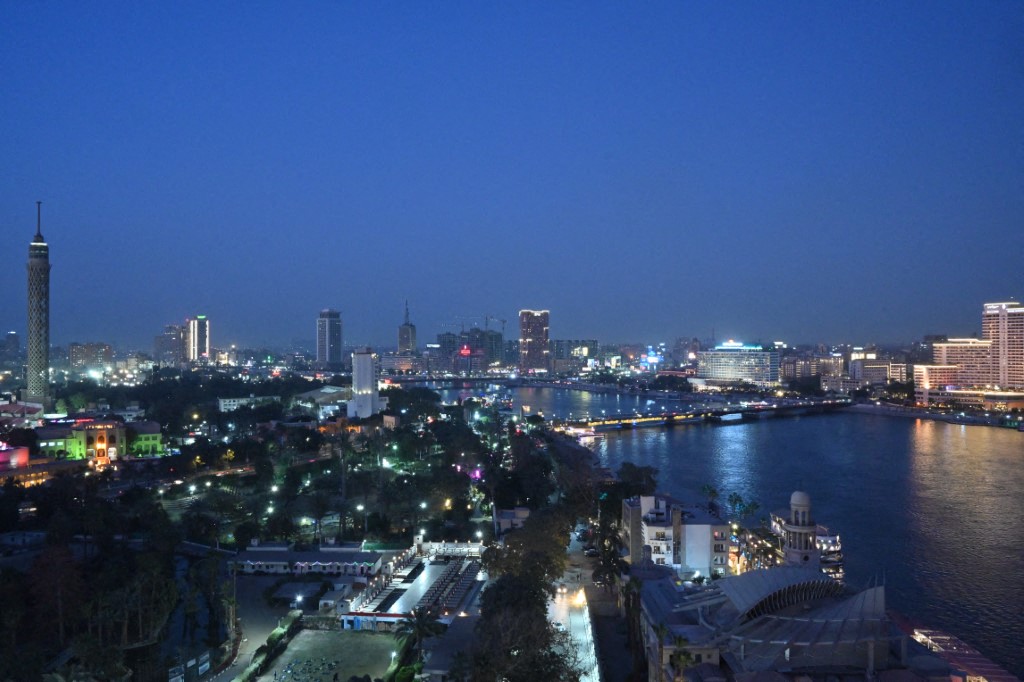Washington, United States – The International Monetary Fund has approved an additional $1.3 billion assistance program for Egypt under its Resilience and Sustainability Facility (RSF) meant to mitigate the impact of climate change, the organization said Tuesday.
Israel’s war against Hamas in Gaza has compounded Egypt’s economic woes.
Attacks on Red Sea shipping lanes by Yemen’s Houthi rebels, who say they are acting in solidarity with the Palestinians, have hit the Suez Canal, one of Egypt’s main sources of foreign currency.
Revenues from the Suez Canal fell more than 70 percent last year, according to government figures.
Inflation, however, has been on the mend, with prices rising 12.5 percent year-on-year in February, down from 23.2 percent in January.
Early last year, a crippling shortage of foreign currency created a parallel market crisis in the import-dependent Egyptian economy, with prices for consumer goods rising by the day in major cities.
After its latest currency devaluation in March 2024, Cairo seemed to begin emerging from the crisis with a bailout of over $50 billion in loans and investment deals from the International Monetary Fund (IMF), the World Bank and the United Arab Emirates.








